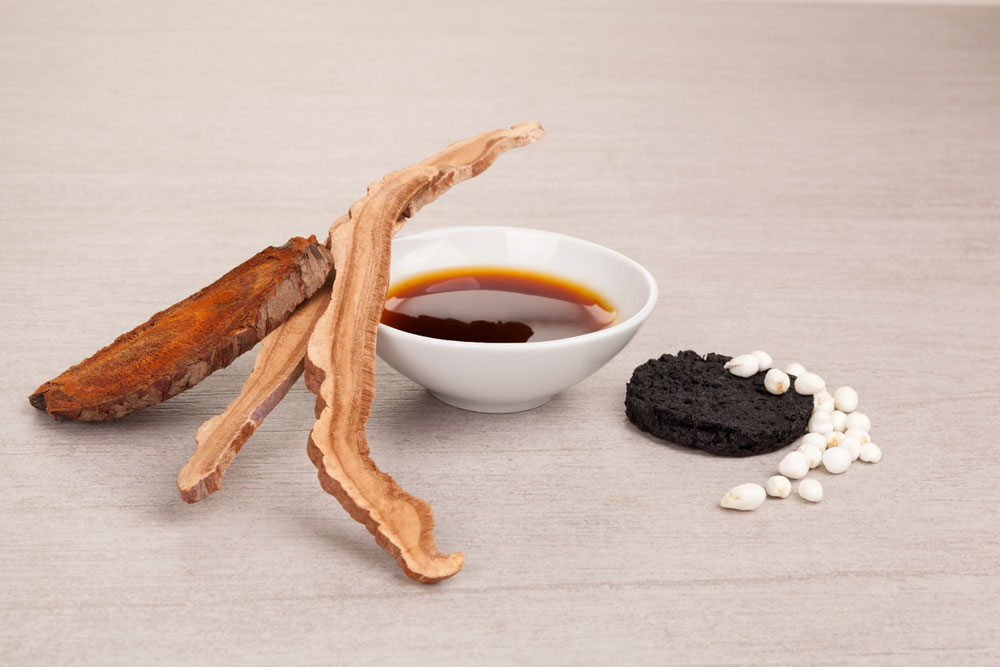Your metabolism plays a large role in weight loss and maintaining a healthy lifestyle. A perfectly balanced metabolism means that your body is expending more energy (or burning more calories) than you’re putting into your body (the calories you consume through food).
If your metabolic rate is low, you aren’t only going to battle with weight gain but it can also cause you to struggle with fatigue, headaches, hair loss, and even depression.
Your metabolism isn’t solely to blame for obesity or weight gain. There are several factors to consider including how much you’re eating, what you’re eating, and how active you are. However, if you boost your metabolism, it can help aid in your path to a healthier life.
Nowadays, there are many products and foods that can help you boost your metabolism, improve your blood sugar levels, increase your energy levels, and control your body fat, such as green tea and even water. You can buy into the supplements on the market or, better yet, you can try these natural boosters to kickstart your metabolism!
What Metabolism Is So Important
Metabolism is defined as the several chemical processes your body goes through to convert the food you eat to energy. This energy is either used right away or stored away in your body for a later use.
Everything you do takes energy from running to using your finger to scroll through this article. There’s nothing you do that doesn’t require some type of energy.
And this isn’t limited to outside movements that your body does. Your body needs the energy to keep the blood circulating throughout your body, for you to inhale and exhale, to repair and create new cells in your body, and even for your brain to function right.
There are a few categories to break your metabolism into, including:
- Basal Metabolic Rate (BMR) is the metabolic process in your body while you sleep.
- Your Resting Metabolic Rate (RMR) is your metabolism at work while you’re at rest but awake. For example, your metabolism while you’re sitting on the couch binge watching Netflix.
- The Thermic Effect of Food (TEF) is your metabolism at work from the food you eat.
- The Thermic Effect of Activity (TEA) is your metabolism hard at work while you’re active from walking to intense exercise.
There are different factors that can contribute to your metabolic rate:
- Genetics can play a huge role in your metabolism. Your parents can pass a fast-paced metabolic rate to you or even a crappy metabolism.
- Hormone disorders can mess with your metabolism and many of these hormone disorders can be passed down to you genetically. Hypothyroidism is one of the main hormone disorders to slow down your metabolic rate. With the proper medication, you can fix this issue.
- Your age matters too. As you get older, your metabolism naturally slows down.
- Your physical activity plays one of the biggest roles in your metabolism. The more you move, the faster your metabolic rate moves. Your body is accommodating to keep up with your movement.
3 Natural Metabolism Boosters
1. Drink Plenty of Water
We all know that water is super healthy for use. But did you know that drinking water can boost your metabolism?
A study of 14 healthy people (7 women and 7 men) was conducted to see if water had any effect on a person’s metabolic rate.
They found there was an increase in their metabolic rate within about ten minutes of the participants drinking water. This increased metabolic rate lasted up to about an hour.
Drinking 500ml of water a day can increase your metabolic rate by up to 30%. It won’t make you lose weight in record numbers but it’s a consistent way to keep your metabolism running.
2. Add Coconut Oil to Your Diet
 Coconut oil
Coconut oil is popular for an array of health benefits, one reason is its ability to help your body speed up your metabolism and burn fat.
Coconut oil is made up of 65% MCT (medium chain triglycerides) oil. MCT is metabolized faster than your average fatty acids.
One study found that consuming 1 to 2 tablespoons of MCT oil a day can lower your metabolism by up to 5% a day.
You can purchase MCT oil by itself but coconut oil has other health benefits including decreasing your appetite and killing bad bacteria, viruses, and fungi. It also contains the good HDL cholesterol and if you apply it topically, it can be amazing for your skin and hair.
3. Get a Good Night of Sleep
This can’t be said enough: It’s vitally important to get at least 8 hours a sleep a night. It can be difficult due to stress, anxiety, or being super busy in a super busy world.
The majority of people are just not getting enough sleep.
Sleep deprivation is horrible on your metabolism. While you sleep, your body is rebalancing the hormones that are involved in regulating your metabolism and glucose metabolism levels.
Scientists haven’t figured out why it happens, but when you don’t get enough sleep, your RMR slows down by 3% during the next day.
To top it off, since lack of sleep messes with your hormones that help regulate your metabolism.
The hormone ghrelin is what makes you feel hungry when your body needs energy. The hormone leptin is what makes tells your body and mind that you’re full. When you don’t get sleep, your appetite gets confused.
This is why you’re extra hungry on those days you didn’t get enough Zzzs.
It can’t be repeated enough. You need your rest each night. If not for your metabolism, at least for your brain functioning.
The Bottom Line
You don’t have to spend hundreds of dollars on supplements claiming they’re the be-all of boosting your metabolism. There are several lifestyle changes and diet changes you can make to make sure your metabolism is working its best.
Don’t forget to remain active and implement an exercise routine. Your metabolism needs you at your best to work properly.

